What Happens If You Drill Into a Live Wire?

Drilling into a live wire can have serious and potentially deadly consequences. When a drill bit comes into contact with an active electrical wire, it can cause a short circuit, leading to a power outage or even an electrical fire. This is because the drill bit provides a path of least resistance for the electrical current to flow.
When the drill bit pierces the wire, it can create a spark that ignites any flammable materials nearby, such as insulation or wood. This can quickly escalate into a full-blown fire that puts everyone in the vicinity at risk. In addition to the immediate danger of fire, drilling into a live wire can also cause the drill operator to receive a severe electric shock.
The severity of the consequences depends on several factors, including the voltage of the wire, the type of insulation surrounding the wire, and the size and material of the drill bit. Higher voltage wires and thinner insulation are more likely to result in a dangerous electrical shock. Additionally, using a larger and more conductive drill bit can further increase the risk of electrical injury.
It is crucial to always identify and shut off power to electrical wires before drilling into walls or other structures. This can be done by turning off the circuit breaker or removing the fuse associated with the area you plan to drill. It is also a good idea to use a voltage tester to ensure the wires are safe to work around. Taking these precautions can help prevent accidents and protect against the serious consequences of drilling into a live wire.
If you do accidentally drill into a live wire, it is important to know how to respond. Immediately turn off the power source if possible and call for emergency assistance. Do not attempt to remove the drill bit or touch the wire with your bare hands. Instead, wait for trained professionals to safely handle the situation. Remember, electricity is extremely dangerous and should be treated with caution at all times.
Risks of Drilling Into a Live Wire
Drilling into a live wire can have serious consequences and pose significant risks to both the person drilling and the surrounding environment. The following are some of the potential hazards:
1. Electrical shock
When you drill into a live wire, you run the risk of coming into direct contact with the electrical current. This can lead to a severe electrical shock, which can cause injuries ranging from minor burns to cardiac arrest. The severity of the shock depends on the voltage of the wire and the path the current takes through your body.
2. Fire and explosions
Drilling into a live wire can create sparks that can ignite nearby flammable materials like insulation, wood, or gas. These sparks can quickly start a fire, which can spread rapidly and cause extensive damage to the surrounding area. In some cases, it can lead to explosions if the electrical current comes into contact with combustible gases or chemicals.
3. Damage to electrical systems
Accidentally drilling into a live wire can cause significant damage to the electrical system. The drilling process can cut through the wire, leading to a short circuit, power outages, or damage to appliances and electronics connected to the circuit. This can result in costly repairs and inconvenience.
4. Electrical malfunction and power fluctuations
If a live wire is damaged during drilling, it can cause an electrical malfunction or power fluctuations in the circuit. This can result in intermittent or total loss of power in the affected area or even affect neighboring areas. Power fluctuations can also damage sensitive electronic devices and appliances that are connected to the electrical system.
5. Personal injuries and fatalities
Drilling into a live wire poses a significant risk to personal safety. The potential for electrical shock, fire, and explosions can lead to severe injuries and even fatalities. It is vital to prioritize safety and take precautions to avoid such accidents.
6. Legal consequences
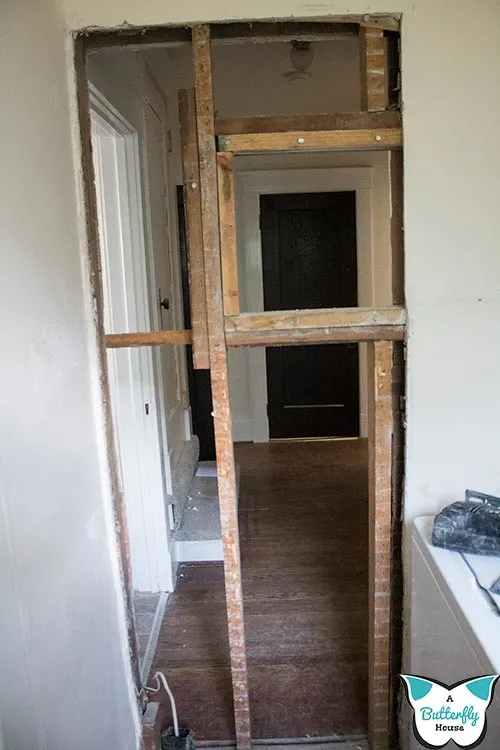
Drilling into a live wire without the necessary permits or authorization can have legal consequences. In many jurisdictions, it is illegal to perform any work on electrical systems without the proper qualifications and certifications. Violating these regulations can result in fines, penalties, and potential legal action in case of any resulting damage or injuries.
In conclusion
Drilling into a live wire is an extremely dangerous practice that should never be attempted. The risks of electrical shock, fire, explosions, damage to electrical systems, personal injuries, and legal consequences are far too severe. It is essential to always ensure that the power is turned off and take appropriate safety measures before drilling or performing any work near live wires.
Electric Shock
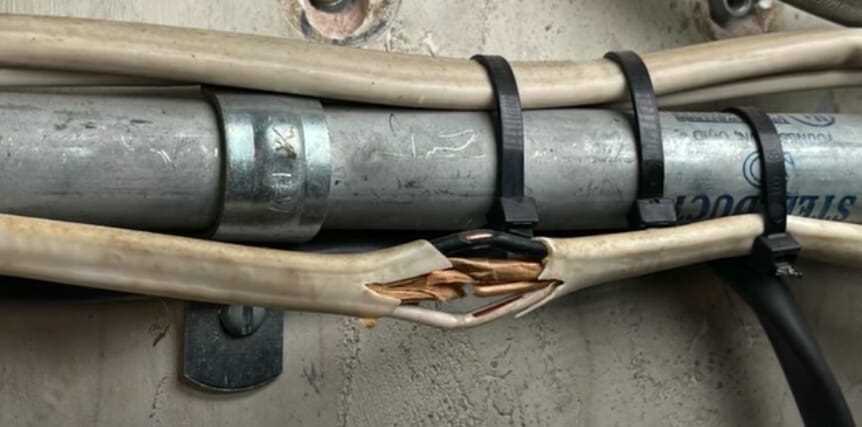
An electric shock occurs when a person comes into contact with a live electrical source, such as a live wire. This can happen if someone accidentally touches a live wire while performing work or if they drill into a wall and hit a live wire.
Risks of Electric Shock
- Electrocution: An electric shock can be fatal, leading to electrocution. This can happen if the electric current travels through vital organs, such as the heart.
- Cardiac Arrhythmia: Electric shocks can disrupt the normal rhythm of the heart, leading to cardiac arrhythmia. This can result in fainting, heart palpitations, and even sudden cardiac arrest.
- Burns: The heat generated by electric current can cause burns both at the contact point and internally along the path of the electrical current. These burns can vary in severity from minor to life-threatening.
- Nerve and Muscle Damage: Electric shocks can cause damage to nerves and muscles, leading to pain, numbness, tingling, and muscle weakness.
- Internal Injuries: In some cases, an electric shock can cause internal injuries, such as damage to internal organs or internal bleeding.
Immediate Response to Electric Shock
- Ensure Safety: The priority is to ensure safety. If someone has been electrocuted, do not touch them directly, as you may also get electrocuted. Turn off the electrical supply if possible or use a non-conductive object, such as a wooden stick, to separate the person from the source of electricity.
- Call for Help: Immediately call emergency services for help. They will guide you on the next steps to take and may dispatch an ambulance or paramedics to the scene.
- Check Breathing and Circulation: Assess the person’s breathing and check for a pulse. If they are not breathing or do not have a pulse, start CPR (cardiopulmonary resuscitation) until medical professionals arrive.
- Treat Burns: If the person has any burns, cool the area with cold water for at least 10 minutes. Do not use ice, as it can further damage the skin.
Preventing Electric Shock
Taking precautions can help prevent electric shock accidents:
- Avoid handling electrical appliances or performing electrical work without proper training or knowledge.
- Make sure all electrical installations and appliances are properly grounded.
- Regularly inspect electrical cords and outlets for any signs of damage or wear and replace them if necessary.
- Use circuit breakers or residual current devices (RCDs) to protect against electric shocks.
- Keep electrical appliances away from water and moisture.
- Before drilling or performing any construction work, use a stud finder or consult an electrician to ensure there are no live wires behind the wall.
By being aware of the risks and taking proper precautions, it is possible to prevent electric shock accidents and ensure the safety of yourself and others.
Fire Hazard
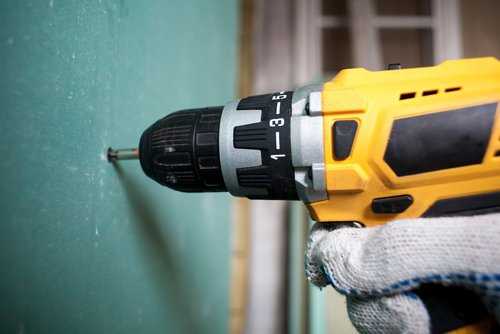
Drilling into a live wire can pose a significant fire hazard. When an electric current passes through a wire, it generates heat. This heat is dissipated into the surrounding environment, typically through the wire’s insulation. However, when a drill bit or any other conductive material drills into a live wire, it can cause a short circuit.
A short circuit occurs when a path of low resistance is created between two points in an electrical circuit. In this case, the drill bit provides a direct conductor between the live wire and the ground or another conductor. This allows a large amount of current to flow through the wire very quickly, generating a significant amount of heat.
The rapid heating of the wire can melt or burn the surrounding insulation, which may lead to a fire. Additionally, the intense heat can ignite nearby flammable materials, such as wood, paper, or fabric, further increasing the risk of a fire.
Furthermore, drilling into a live wire can damage the wire itself, causing it to become exposed or disconnected. Exposed wires can create additional fire hazards, as they can come into contact with other conductive materials or be touched by unauthorized individuals, increasing the risk of electric shock or electrocution.
To avoid these fire hazards, it is crucial to ensure that all power sources are turned off and the wiring is properly identified and located before drilling into walls, ceilings, or floors. If unsure about the presence of live wires, it is recommended to consult a qualified electrician or use non-contact voltage detectors to verify the absence of electrical current.
Overall, drilling into a live wire is a dangerous activity that can lead to a fire hazard. It is essential to take proper safety precautions and consult professionals when working around electrical wiring to mitigate the risk of fire and ensure personal safety.
Damage to Equipment
If you drill into a live wire, it can cause severe damage to electrical equipment. The electrical current flowing through the wire can overload the equipment and cause it to malfunction or completely fail. This can result in damage to sensitive components and circuits, leading to costly repairs or the need for replacement.
The intense heat generated by the electrical current can also cause melting or burning of the surrounding materials, such as insulation or plastic casing. This can further contribute to equipment damage and increase the risk of fire or electric shock.
In addition to immediate damage, drilling into a live wire can also create long-term issues. The compromised integrity of the electrical system can lead to ongoing problems, such as intermittent power failures, electrical surges, or short circuits. These issues can disrupt the normal operation of connected equipment and pose a safety hazard to users.
Furthermore, the damage caused by drilling into a live wire may not be limited to the immediate vicinity of the drill hole. The electrical current can travel along the length of the wire and affect other connected devices or circuits. This can result in a domino effect of equipment damage and failures throughout the electrical system.
To prevent damage to equipment, it is crucial to exercise caution and follow proper safety procedures when working with electrical systems. This includes ensuring that the power supply is shut off, using insulated tools, and seeking professional assistance if unsure about the presence of live wires.
Summary:
- Drilling into a live wire can cause severe damage to electrical equipment.
- Overloading, malfunction, and complete failure are possible outcomes.
- Melting, burning, and material damage can occur due to the heat generated by the electrical current.
- Long-term issues like power failures, electrical surges, and short circuits can arise.
- Damage can spread to other connected devices or circuits, leading to a cascade of failures.
- Proper safety procedures should be followed to minimize the risk of equipment damage.
Potential for Injury
Drilling into a live wire can result in serious injury or even death. The powerful electrical current running through live wires can cause severe electrical shocks and burns. The potential for injury when drilling into a live wire should never be underestimated.
Electrical Shock
One of the main risks when drilling into a live wire is the potential for electrical shock. When the drill comes into contact with the wire, it creates a direct path for the electrical current to flow through the body. This can result in a strong shock, which can cause the muscles to contract and potentially incapacitate the person. The severity of the shock depends on various factors, including the voltage of the live wire and the resistance of the person’s body.
Burns
Another risk associated with drilling into a live wire is the possibility of burns. The electrical current passing through the wire can generate a significant amount of heat. If the drill comes into contact with the wire, it can cause the surrounding materials, such as wood or insulation, to catch fire. Additionally, the current itself can cause burns to the skin and internal tissues, which can be extremely painful and may require medical attention.
Fire Hazard
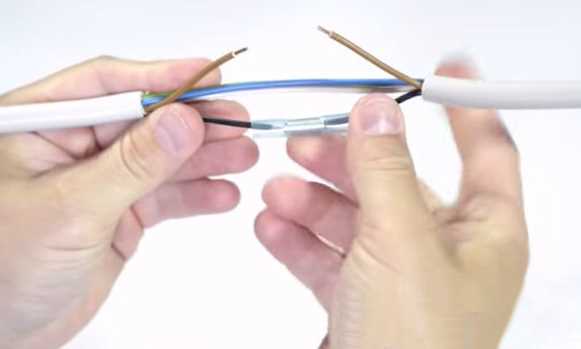
Drilling into a live wire can also create a fire hazard. The electrical sparks resulting from the contact between the drill and the wire can ignite flammable materials nearby. In addition, the heat generated by the electrical current can cause surrounding materials to smolder and eventually catch fire. This can quickly lead to a dangerous and potentially deadly situation, especially if the fire spreads to other parts of the building.
Other Injuries
Aside from electrical shock, burns, and fire hazards, drilling into a live wire can also lead to other injuries. For example, if the drill bit breaks or gets stuck in the wire, it can cause the drill to jerk in unexpected directions, potentially causing injuries to the person operating it or others nearby. There is also a risk of falling or tripping if a shock causes a person to lose control of their body.
Given the potential for serious injury, it is essential to always take the necessary precautions when working with electricity. This includes turning off the power and using proper safety equipment, such as insulated gloves and goggles. If in doubt, it is best to seek professional assistance to ensure the task is performed safely and without the risk of injury.
Impact on Electrical System
Drilling into a live wire can have severe consequences for the electrical system. The following are some potential impacts:
1. Short Circuit
Drilling into a live wire can cause a short circuit. A short circuit occurs when the current flows along an unintended path with low resistance, bypassing the normal load. This can result in excessive current flow, overheating, and damage to the wiring, electrical devices, and the electrical system as a whole.
2. Power Outage
If a live wire is drilled into and damaged, it can lead to a power outage. The damaged wire may cause an interruption in the electrical supply to a specific area or even an entire building. This can disrupt daily activities, cause inconvenience, and require professional assistance to restore power.
3. Electrical Fires
Drilling into a live wire increases the risk of electrical fires. The damaged wire can generate heat due to excessive current flow, leading to electrical arcing and sparking. These sparks can ignite nearby flammable materials or cause electrical components to catch fire. Electrical fires can spread quickly and pose a significant risk to life and property.
4. Electrical Equipment Damage
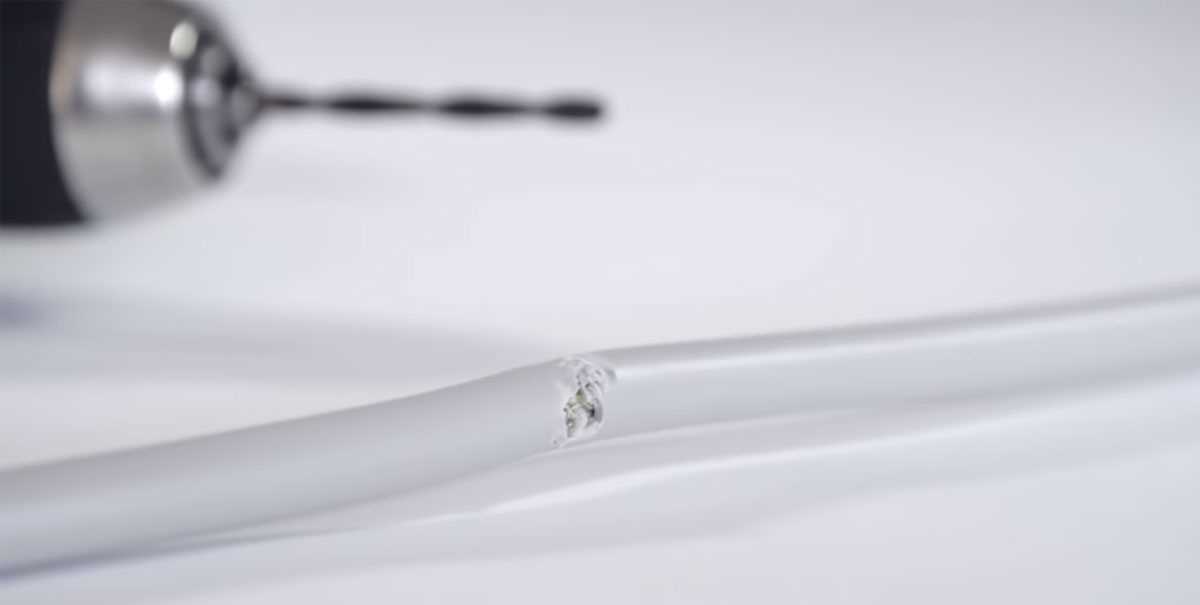
When drilling into a live wire, there is a high likelihood of damaging electrical equipment. The excessive current flow resulting from the short circuit can overload electrical devices connected to the affected circuit, causing them to malfunction, burn out, or become permanently damaged. This can lead to costly repairs or replacements.
5. Electric Shock
Drilling into a live wire also presents a significant risk of electric shock to the person performing the drilling or anyone in contact with the equipment or surroundings. Electric shock occurs when the body becomes part of the electrical circuit. It can result in severe injury or even be fatal depending on the level of electric current involved.
Overall, drilling into a live wire can have severe consequences for the electrical system, the safety of occupants, and the surrounding environment. It is essential to exercise caution, follow proper electrical safety practices, and consult professionals when working with electrical systems to avoid accidents and potential damage.
Legal Consequences
Laws and Regulations
Drilling into a live wire can have serious legal consequences, as it is considered a violation of electrical safety regulations in most jurisdictions. These regulations are in place to protect individuals from the dangers of electrical accidents and ensure that electrical systems are installed and maintained safely.
Legal Liability
If someone is injured or killed as a result of drilling into a live wire, the person responsible may face legal liability. This can include civil lawsuits filed by the injured party or their family members, seeking compensation for medical expenses, pain and suffering, loss of consortium, and other damages.
In some cases, the responsible party may also face criminal charges, if their actions are deemed to be reckless or intentional. The specific charges will depend on the laws in the jurisdiction where the incident occurred, but can range from misdemeanor offenses to more serious felony charges.
License and Insurance Violations
Drilling into a live wire can also have implications for licensed professionals, such as electricians or contractors. These individuals are typically required to follow specific safety protocols and guidelines, and violating these regulations can result in the suspension or revocation of their licenses.
Furthermore, insurance policies may not cover damages or injuries resulting from actions that are in violation of safety regulations. This means that the responsible party may be personally liable for any expenses or damages incurred as a result of their actions.
Employer and Contractor Liability
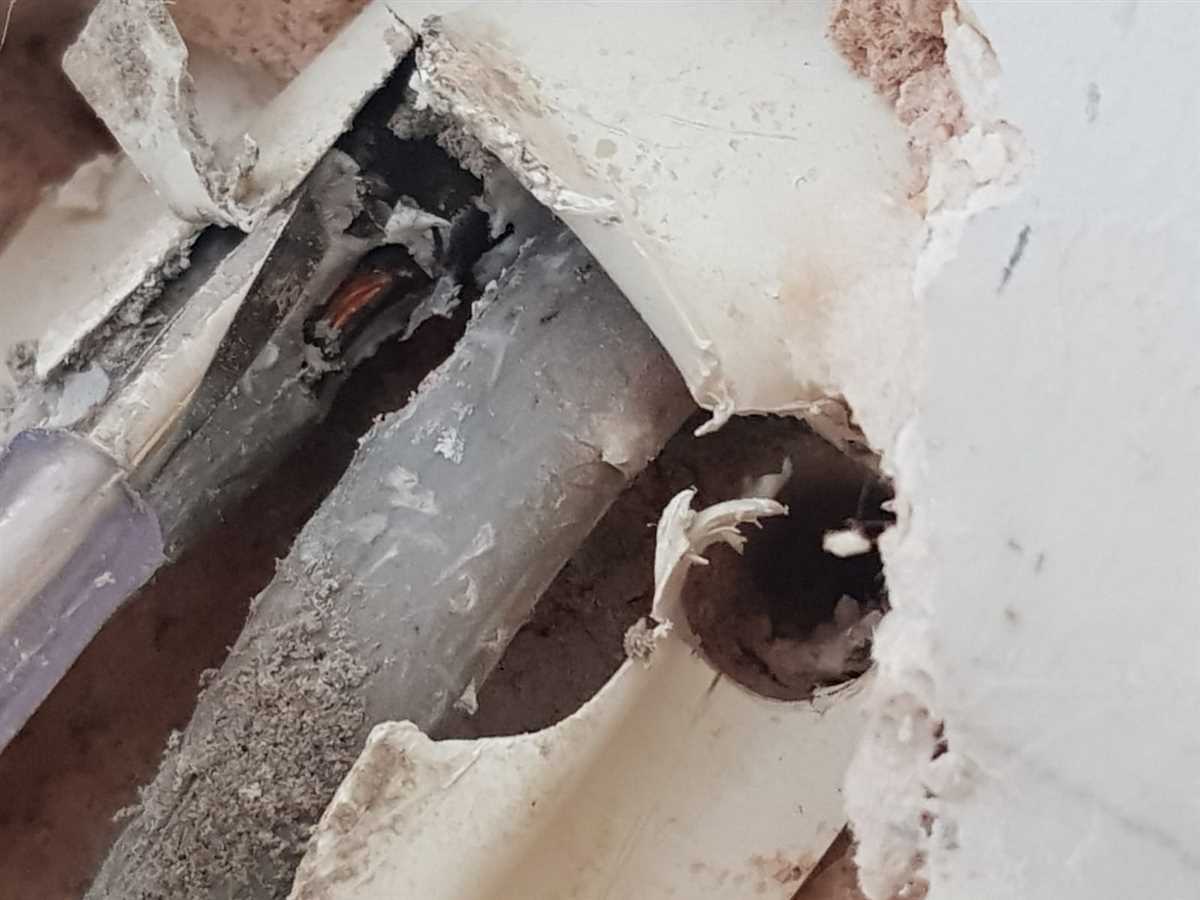
If the incident occurs in the context of a professional setting, such as a construction site or workplace, the employer or contractor may also be held liable for the actions of their employees or subcontractors. Negligent hiring practices or failure to provide proper training or equipment can result in additional legal consequences for the employer.
Conclusion
The legal consequences of drilling into a live wire can be severe. It is essential to follow applicable safety regulations and take necessary precautions to avoid such accidents. In case of an incident, it is advisable to consult with a legal professional to understand one’s rights and options.
Impact on Insurance Coverage
Drilling into a live wire can have significant consequences, not just in terms of personal injury and property damage, but also when it comes to insurance coverage. Most homeowners and renters insurance policies have provisions that specifically exclude coverage for damages caused by intentional acts or negligence. If you intentionally drill into a live wire, it is highly likely that your insurance provider will deny coverage for any resulting damage or injury.
Denial of Coverage
If you drill into a live wire and cause extensive damage to your property or injure yourself or others, your insurance company may investigate the incident to determine the cause and assess the extent of the damages. If it is determined that the damage was caused intentionally or due to negligence, your insurance claim will likely be denied. This means that you will be responsible for all the costs associated with repairing the damage or covering medical expenses.
Exclusions and Exceptions
Even if drilling into a live wire is not explicitly mentioned in your insurance policy’s exclusions, intentionally causing damage or acting negligently can still be grounds for denial of coverage. Insurers may also consider the act of drilling into a live wire as a violation of building codes and safety regulations, which could further complicate your insurance claim.
Increased Premiums and Policy Cancellation
In addition to the denial of coverage, drilling into a live wire can also have long-term consequences for your insurance. Insurance providers may view such an act as a sign of high-risk behavior, which can result in increased premiums or even policy cancellation. This can make it difficult to obtain affordable insurance coverage in the future.
Legal Liability
Lastly, drilling into a live wire can also expose you to legal liability. If your negligence or intentional act causes harm to others or their property, they may have grounds to file a lawsuit against you. The costs of defending yourself in a lawsuit, as well as any potential settlements or court-awarded damages, would generally not be covered by your insurance policy.
Given the potential financial and legal consequences, it is crucial to exercise caution and hire a professional when dealing with electrical work to avoid any unnecessary risks and ensure that you maintain insurance coverage.
Importance of Hiring a Professional
1. Safety
One of the primary reasons it is important to hire a professional when dealing with a live wire is the issue of safety. Electricians are trained to understand the dangers and risks associated with working with electricity, and they have the necessary skills and knowledge to handle potentially dangerous situations. Attempting to drill into a live wire without the proper training and equipment can lead to serious electrical shocks, fires, and even fatalities.
2. Expertise
Electricians have the expertise and experience to properly handle electrical work. They understand the complexities of electrical systems and know how to navigate them safely. Hiring a professional ensures that the job will be done efficiently and effectively, reducing the risk of further damage or complications.
3. Compliance with Codes and Regulations
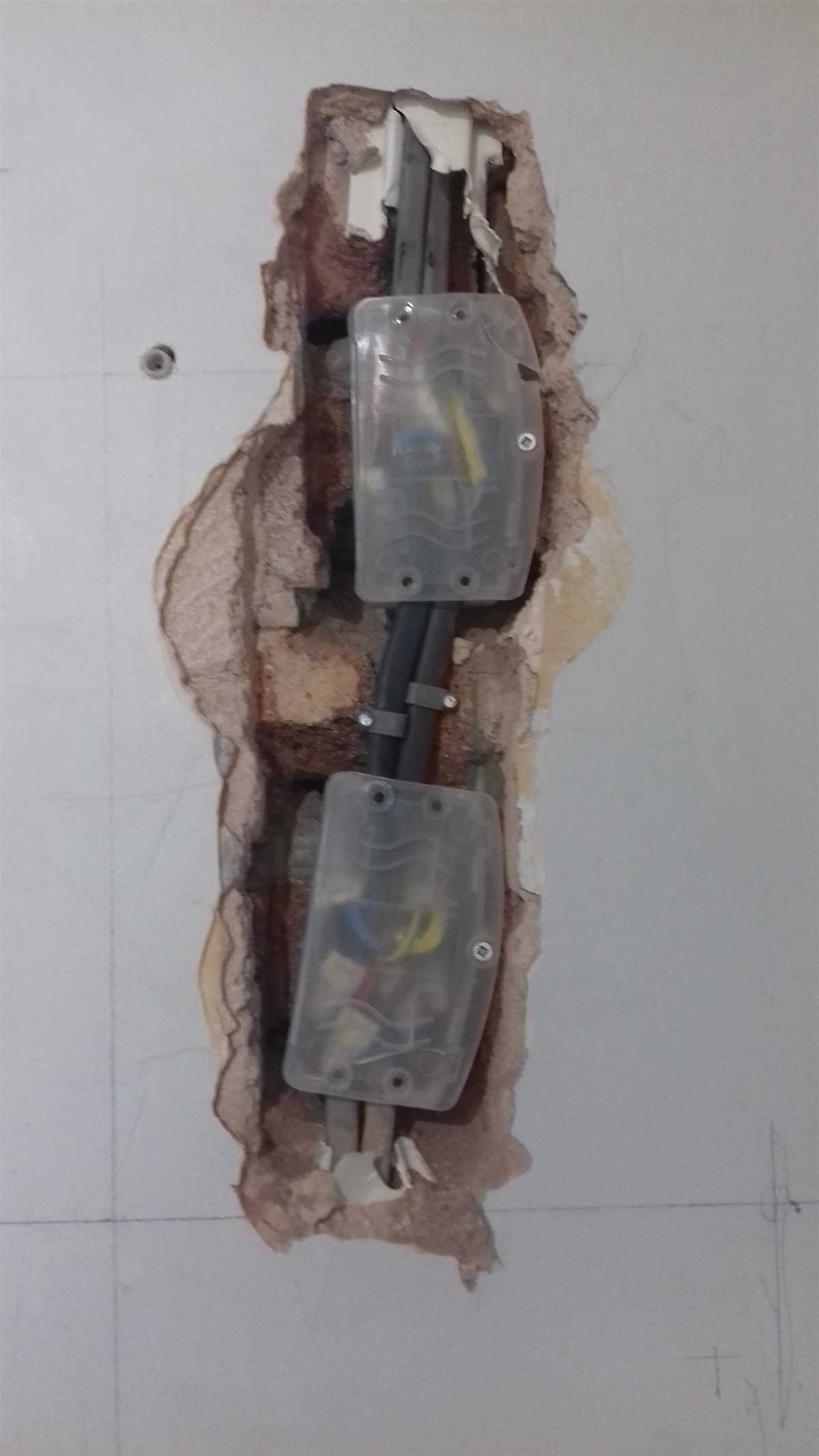
Electricians are familiar with the codes and regulations that govern electrical work. They are trained to work in compliance with these standards, ensuring that all work is up to code and meets safety requirements. This is especially important when dealing with live wires, as incorrect or faulty work can lead to electrical hazards and violate local building codes.
4. Insurance Coverage
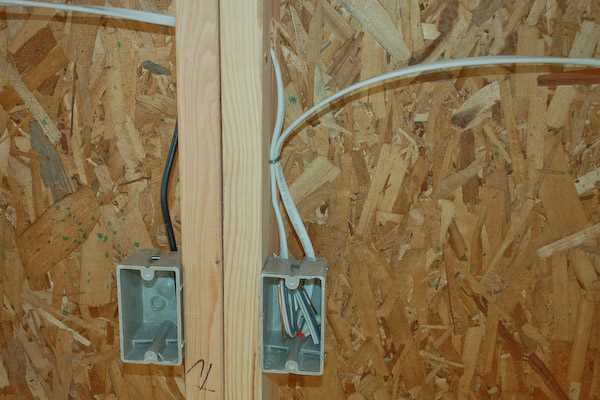
When you hire a professional electrician, you are often covered by their insurance in case of any accidents or damages that may occur during the work. This provides you with peace of mind and financial protection. If you were to attempt to drill into a live wire yourself and cause damage, you would likely be responsible for any repairs or medical costs out of pocket.
5. Long-Term Peace of Mind
By hiring a professional, you can have peace of mind knowing that the electrical work has been done correctly and safely. This can prevent future issues and potential hazards, saving you time and money in the long run. Additionally, professionals often provide warranties or guarantees on their work, giving you added reassurance.
| Summary: |
|---|
| Hiring a professional electrician when dealing with a live wire is crucial for your safety and peace of mind. They have the necessary expertise, experience, and knowledge to handle electrical work safely and in compliance with regulations. Additionally, hiring a professional provides insurance coverage and ensures the job is done correctly, preventing future issues. |
FAQ:
What happens if you accidentally drill into a live wire?
If you accidentally drill into a live wire, it can lead to electrical shock or electrocution. The drill bit may cause the wire to short circuit, which can result in sparks, melting or burning of the surrounding materials, and even start a fire. It is extremely dangerous and can cause serious injuries or fatalities.
Can drilling into a live wire cause an electrical fire?
Yes, drilling into a live wire can cause an electrical fire. If the drill bit hits the wire, it can create a short circuit that can generate sparks. These sparks can ignite nearby flammable materials, leading to a fire. It is important to take precautions and avoid drilling into live wires to prevent the risk of fire.
What should I do if I accidentally drill into a live wire?
If you accidentally drill into a live wire, it is crucial to prioritize your safety. First, turn off the power supply to the area from the main electrical panel. If you are unable to access the main panel or if you are unsure, evacuate the area and call emergency services. Do not touch the wire or attempt to remove the drill until a professional electrician has assessed the situation and made it safe.
Is it possible to get electrocuted by drilling into a live wire?
Yes, it is possible to get electrocuted by drilling into a live wire. When the drill hits the live wire, it can cause the electrical current to flow through the drill, the person holding it, and into the body. This can result in electrical shock, which can cause muscle contractions, burns, organ damage, and in severe cases, cardiac arrest or death. It is essential to exercise extreme caution and avoid drilling into live wires.
Are there any safety precautions to take to avoid drilling into live wires?
Yes, there are several safety precautions you can take to avoid drilling into live wires. First, always assume that there are live wires behind walls before drilling. Use a voltage detector or stud finder with a built-in live wire detection feature to locate and avoid live wires. If possible, turn off the power supply to the area you are working on. Additionally, it is wise to wear safety gloves and goggles for extra protection. If in doubt, consult a professional electrician.
Video:











